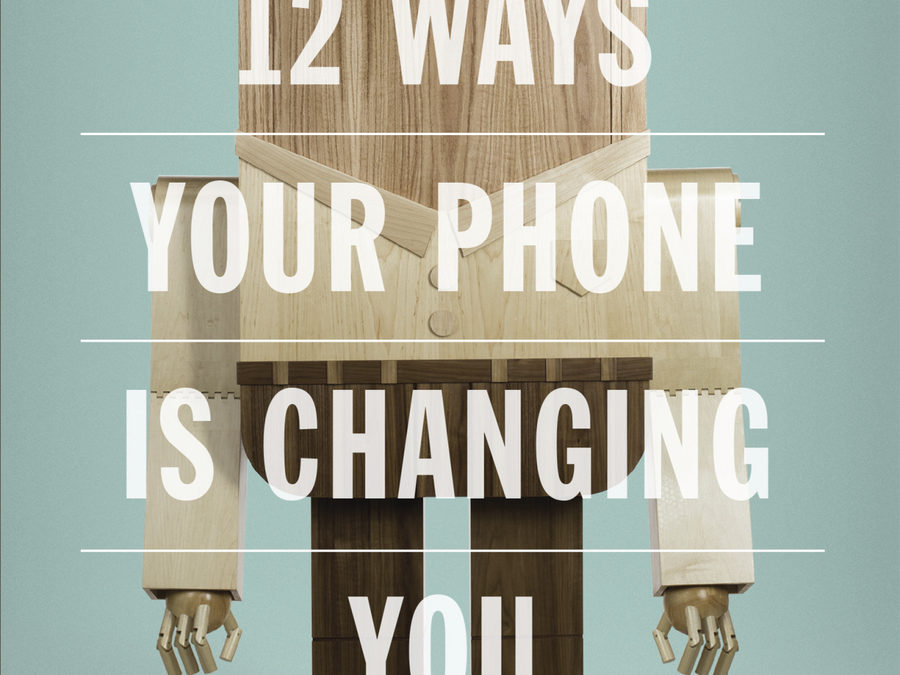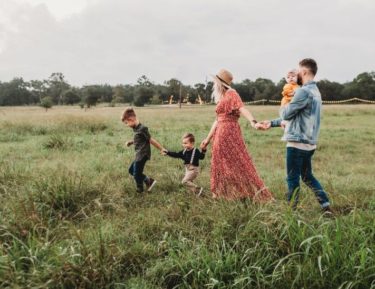
Joy and Happiness
The world is looking for joy, happiness and gladness. Why do you think there is so little joy in peoples’ lives? Maybe you are struggling under depression, sadness and sorrow and longing for some joy.
The middle book of the Bible is the book of Psalms or the Book of Praises. It is interesting to note that the world as soon as Adam and Eve were sent out of the Garden of Eden became filled with thoughts and practices of vengeance. In fact in the fourth chaper of Genesis, a man named Lamech sang a song that describes the lives and thoughts of many who are looking for some gladness in life. He said, “I have killed a man for wounding me, even a man for wounding me, even a young man for hurting me. If Cain shall be avenged sevenfold, then Lamech will be avenged seventy seven fold.” This thought of vengeance is viewed as necessary to sports, to politics, and among other areas of life. Anything you can imagine often resorts to vengeance.
But God said, “Vengeance is mine, I will repay says the Lord.” This implies that God says vengeance belongs to Him. You leave that to Me and give yourselves to enjoying the good life I have set for you; for now and for eternity.”
Look with me at the Bible and take some notes. Before you come to the middle of the Bible, the Book of Psalms, you will find the word “joy” appears about 29 times. You will find the word “joyful” appears about four times. You will find the word “glad” appears about eleven times and the word gladness about seven times. The word gladly does not appear at all before the book of Psalms
In the Book of Psalms you find that the word “joy” appears thirty six times and after that over one hundred times. Remember it appears only twenty nine times before. The word “joyful” appears ten times in the book of Psalms and another twelve times after the Psalms. Remember it appears only four times before the book of Psalms.
Why is this? The answer is found in the very first Psalm, “Blessed is the man…” The word that is translated “blessed” in this passage is the word for “happy.” The Psalms talk about a happy man. In the New Testament we find that these words in the Psalms are the words of Jesus. (Luke 24:44, Colssians 3:17) He was the Happy or Joyful Man. The Bible even tells us that He endured the cross for His people and He was joyful in doing this.
Maybe you are looking for joy and happiness in the wrong place. You may be looking for it in vengeance or in sex, drugs or wealth. These all end up in death, despair and agony. But the bible teaches us that joy comes in confessing that you have been rebellious against God and Jesus. You have followed your own word and the words of men. But the words of Christ are the words of the One who in great wisdom created the universe. Do you know Him? If you know Him you will need to know what He has to say about how to live in this world that He created. Can we talk about this? Here alone are the words by which people over the years have found joy though having very little of what we often think gives us joy.
Psalm 37:16 says, “A little that a righteous man has is far better than the riches of many wicked.” God said to Joshua, “This book of the law shall not depart from your mouth, but you shall meditate on it day and night, that you may observe to do all that is written in it. For then you will make your way prosperous, and then you will have good success.”



